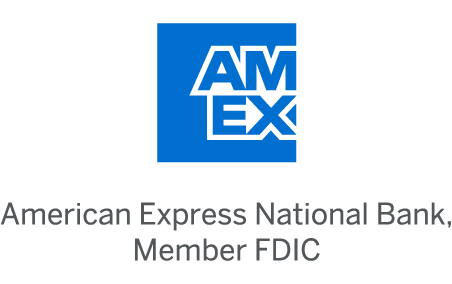Can Making Small Deposits in Your Bank Account Really Get You in Trouble?
KEY POINTS
- The Bank Secrecy Act is designed to catch money launderers.
- Banks must report deposits or withdrawals over $10,000, as well as small deposits that appear to be skirting the law.
- Most people will never know if they've been investigated and cleared.
Picture this: You're living life, minding your own business. Due to the way you earn a living, you regularly deposit small amounts of money in your bank account.
One day, you learn that you're being investigated by the federal government, suspected of violating the Bank Secrecy Act (BSA). Although it sounds far-fetched, it can happen. Here's how.
The Bank Secrecy Act
Congress passed the BSA in 1970 to fight money laundering in the United States. The federal government understood that once illegally earned money was mixed in with legitimately earned money, it would be difficult to tell that it was the result of criminal activity.
The goal was to catch money launderers before they had a chance to "clean" the dirty money. In short, the BSA requires banks to report cash deposits of $10,000 or more.
Our Picks for the Best High-Yield Savings Accounts of 2024
|
Capital One 360 Performance Savings

APY
4.25%
Rate info
See Capital One website for most up-to-date rates. Advertised Annual Percentage Yield (APY) is variable and accurate as of April 11, 2024. Rates are subject to change at any time before or after account opening.
Min. to earn
$0
|
APY
4.25%
Rate info
See Capital One website for most up-to-date rates. Advertised Annual Percentage Yield (APY) is variable and accurate as of April 11, 2024. Rates are subject to change at any time before or after account opening.
|
Min. to earn
$0
|
|
American Express® High Yield Savings

APY
4.25%
Rate info
4.25% annual percentage yield as of July 7, 2024
Min. to earn
$1
|
APY
4.25%
Rate info
4.25% annual percentage yield as of July 7, 2024
|
Min. to earn
$1
|
|
Citizens Access® Savings

APY
4.50%
Min. to earn
$0.01
|
APY
4.50%
|
Min. to earn
$0.01
|
What does that have to do with making regular, small deposits? Those who wished to launder their money quickly began to look for workarounds. One trick was to break large amounts of money down into small deposits so their banks would be less likely to report them to the IRS. The practice is called "structuring."
It did not take long for banks to catch on. Soon, financial institutions began to track deposit patterns. Let's say a person deposited $2,000 one day, $5,000 a day later, and $3,500 a few days later. Those deposits would be enough to raise a security flag and lead the bank to send a Currency Transaction Report to the IRS.
Why your deposits may raise a red flag
It's fair to assume that few people review their recent bank transactions to determine the total deposits. After all, most of us are less interested in deposit amounts and more interested in the total we have available to spend or save.
It's possible that people with absolutely nothing to hide happen to make small deposits in amounts that add up to the mandatory reporting amount of $10,000. Or, their frequent deposits may simply catch a bank employee's attention, which can lead to a Currency Transaction Report.
Could small deposits land you in legal trouble?
No, as long as you're not making small deposits to circumvent the law. Structuring is considered a criminal offense. While all Currency Transaction Reports are investigated, few lead to catching actual criminals.
As long as you haven't created multiple checking accounts and spread small amounts of money around or pulled an equally suspicious banking trick, you're unlikely to find yourself in legal trouble. Most people who are reported for suspected BSA activity never know they were reported.
The pressure is on banks
Failure to report suspicious activity can land a bank in serious trouble, including criminal proceedings, costly fines, damaged reputation, and even permanent business closure. Banks work hard to avoid such harsh punishments, which helps explain why reports are filed.
As a regular, hard-working person, feel free to continue making small deposits in your checking or savings account. As long as you're not breaking the law, there is nothing to worry about.
These savings accounts are FDIC insured and could earn you 11x your bank
Many people are missing out on guaranteed returns as their money languishes in a big bank savings account earning next to no interest. Our picks of the best online savings accounts could earn you 11x the national average savings account rate. Click here to uncover the best-in-class accounts that landed a spot on our short list of the best savings accounts for 2024.
Our Research Expert
We're firm believers in the Golden Rule, which is why editorial opinions are ours alone and have not been previously reviewed, approved, or endorsed by included advertisers. The Ascent, a Motley Fool service, does not cover all offers on the market. The Ascent has a dedicated team of editors and analysts focused on personal finance, and they follow the same set of publishing standards and editorial integrity while maintaining professional separation from the analysts and editors on other Motley Fool brands.
Related Articles
View All Articles